You stop at a truck station, swipe your card, and watch the total climb as diesel fills the tank. Next to you, someone pays less for gasoline. So, a frequent question that might pop up in your mind is, “Why diesel is taxed more than gasoline?” When you search for “diesel delivery near me,” the price isn’t just the fuel itself. It also includes the same taxes that make diesel more expensive at gas stations. These extra taxes, meant to pay for pollution and road damage, are added to delivery prices too.
For farms, fleets, and job sites, that means every gallon brought to you is already more expensive. Add in transport, driver pay, and service fees — the delivery prices can climb quickly. But tax is not the only reason behind the costly diesel. In this article, you’ll see the variables that affect diesel costs, how tax varies state by state, and what it means for your business and fleet. So, you can make better fueling decisions!
Key Takeaways
Diesel is taxed higher than gasoline due to its effect on the environment and the additional wear heavy vehicles create on the roads. A large portion of what you pay at the pump is composed of federal and state excise taxes. Diesel prices are also influenced by other factors such as costs of refining, supply chains, and the demand in the market.
Nevertheless, the companies can save with the help of bulk transportation, fueling on-site, or the tax-favored alternatives, such as dyed diesel. They can also collaborate with a reliable dyed DEF, gasoline, and diesel supplier such as Rhino Fuel that can assist in saving margins, lowering costs, and preventing downtimes.
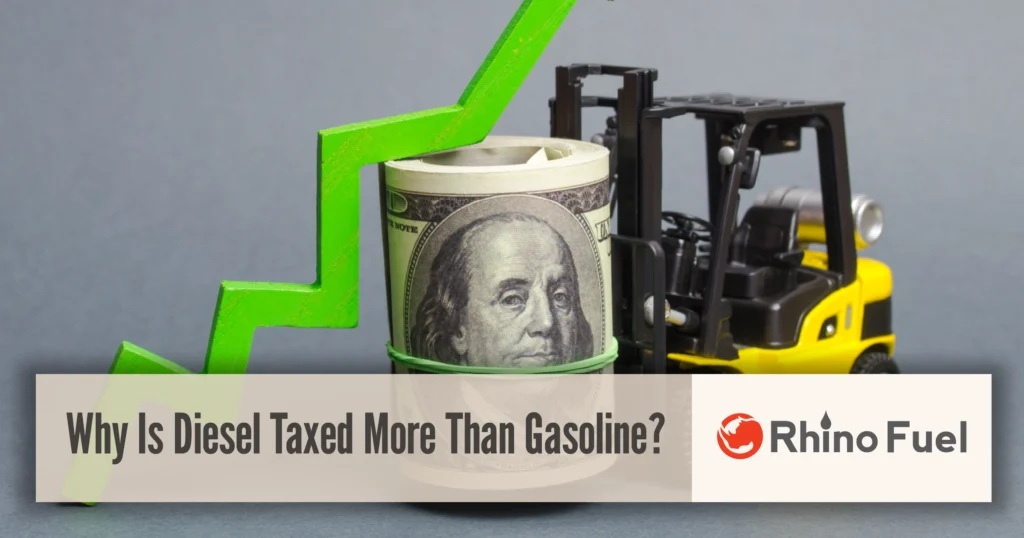
Diesel Taxes Explained
Here’s the diesel fuel tax explanation, encompassing the types of taxes and charges it includes and what commercial tax considerations to take into account:
What Is the Diesel Excise Tax and Why Is It Higher?
The diesel excise tax is a fuel-specific tax used to pay for highways, bridges, and transit systems. It’s charged per gallon. Unlike general sales tax, excise taxes target certain products like fuel, alcohol, or tobacco and can be charged at different points in the supply chain. On the other hand, the federal diesel tax is the same nationwide. But state taxes differ, which is why diesel prices vary by region and may be higher in some while lower in others:
Federal vs. State Diesel Tax
The federal excise tax on diesel is 24.4 cents per gallon and has stayed the same since 1993. It helps fund the Highway Trust Fund, which pays for national transportation projects. Since the rate hasn’t changed, its buying power has dropped over time. Whereas, fuel tax rates by state differ a lot and often include additional charges such as environmental or sales taxes.
In 2025, the average state tax is about 35–40 cents per gallon, with some states charging much more.
Diesel vs. Gasoline Tax Comparison
Diesel is usually taxed more than gasoline at both the federal and state levels. The federal gasoline tax is 18.4 cents per gallon, while diesel is 24.4 cents per gallon. Many states follow this pattern. For example:
State Diesel vs. Gasoline Tax Examples (2025)
| State | State Diesel Tax (cents/gal) | State Gasoline Tax (cents/gal) | Difference (cents/gal) |
| California | 46.6 | 61.2 | 14.6 |
| Texas | 38.5 | 38.5 | 0 |
| Pennsylvania | 74.1 | 57.6 | 16.5 |
| Illinois | 48.3 | 55.8 | 7.5 |
| New York | 8.0 | 40.3 | 32.3 |
Commercial Fuel Tax Considerations
Distributors usually pay the diesel excise tax first, but the cost is built into the pump price. So the end user, like drivers, farmers, or trucking companies, pays it in the end.
Commercial fuel tax isn’t a separate tax but a reporting system that applies to trucking companies operating across state lines.
Through the International Fuel Tax Agreement (IFTA), a carrier files one quarterly report in its home state. That report shows miles driven and fuel bought in each state, and the base state collects and shares the tax money with the others.
A good example of a commercial fuel tax is a Texas trucking company that buys diesel in California, paying both federal and state diesel taxes. The truck then drives through Arizona and New Mexico before returning home. Instead of filing taxes separately in all four states, the company files one IFTA report in Texas. Texas then sends the correct share of diesel tax to each state.
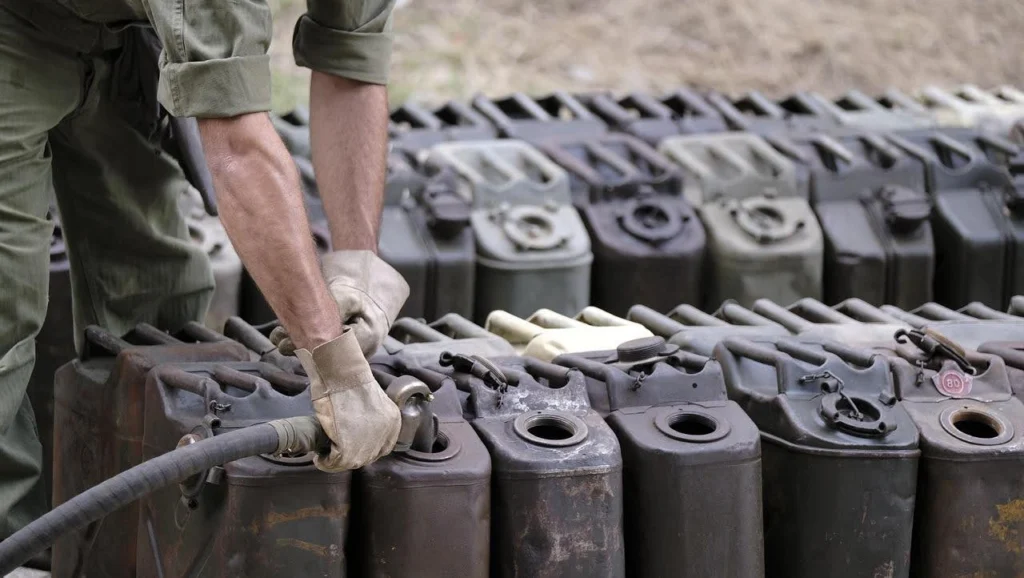
Why Governments Tax Diesel More?
Why diesel costs more isn’t just market forces at work. It’s shaped by government transportation tax policy and purpose. Here’s how:
Why Diesel Costs More, in Policy and Purpose?
The diesel excise tax serves two main purposes. It deters pollution, whereby the use of diesel becomes more expensive. The diesel engines emit nitrogen oxides and soot that deteriorate the quality of the air and health. In response to this, governments raise the tax on diesel to promote clean engines, better driving, and alternative fuels.
Secondly, the excise tax raises money from the vehicles that put the most strain on roads. Heavy trucks, buses, and construction equipment cause far greater road damage than cars. Following the “user fee” idea, those vehicles pay higher taxes to fund repairs and highway programs. Thus, what feels like a higher pump price is actually a policy tool designed to cover both environmental impact and infrastructure repair.
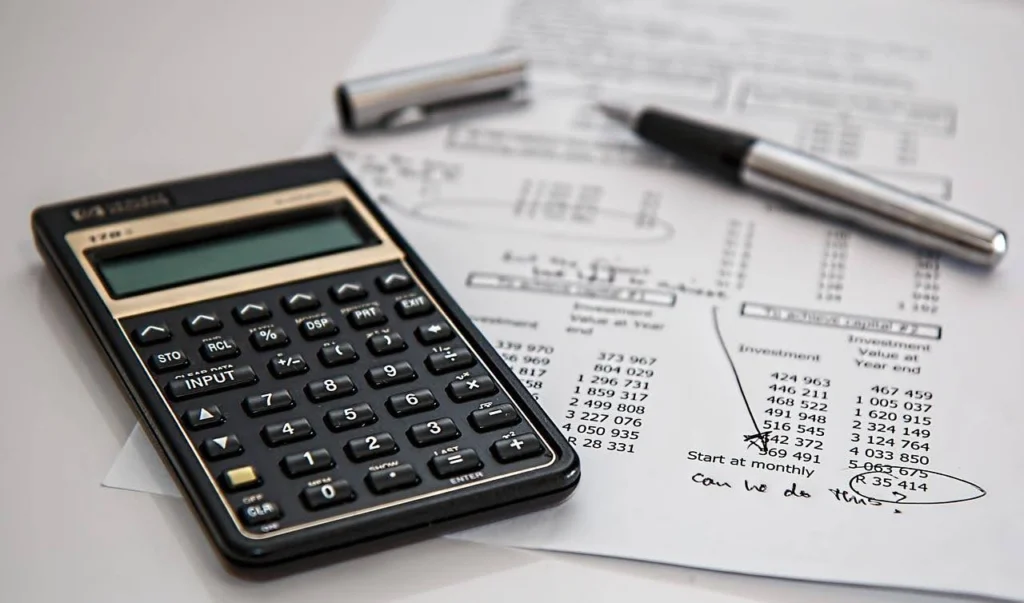
Other Diesel Fuel Pricing Factors
Taxes are a set part of diesel’s price, but overall costs also depend on global markets, local supply chains, and delivery methods. For businesses that depend on diesel, knowing these diesel fuel pricing factors is important:
Tax Isn’t the Only Factor in Diesel Pricing
Diesel prices begin with the cost of crude oil, which fluctuates and increases depending on the demand in the world, OPEC decisions, and world happenings. Refining also comes at an extra cost, particularly as it is a complex process to produce ultra-low-sulfur diesel. Prices can be further increased by seasonal demand, such as harvest or holiday shipping, and also regional supply problems.
How fuel is purchased also matters. Buying at the pump is most expensive because it includes station overhead and markups. Bulk delivery, on the other hand, eliminates retail expenses and saves time and money by delivering fuel directly to fleets or storage tanks.
Although taxes and global oil prices are beyond a business’s control, companies can manage fuel costs effectively. One way to do this is by choosing bulk or scheduled diesel fuel deliveries from a credible supplier like Rhino Fuel. This will minimize price fluctuations, prevent retail premiums, and guarantee the business operations continue at an affordable cost, without expensive downtime.

Managing Diesel Costs for Your Business or Fleet
Fuel prices can move straight down to the bottom line, and business and fleet managers need not be helpless. With the right strategies, you can cushion the impact of diesel taxes and safeguard your margins. Here’s how:
How to Handle Higher Diesel Taxes, and Still Protect Your Margins
You don’t have to accept high diesel costs as fixed. Smart tax planning, improved purchasing strategies, and enhanced fuel management can make a significant difference. Fleets that track miles and fuel by state avoid overpaying taxes, and off-road use of dyed diesel can cut costs further. Avoiding retail pumps cuts back on money, and on-site refueling or bulk storage tanks save labor and gain better prices.
A management system can also track fuel consumption by assisting in identifying waste, improving driving habits, and guaranteeing that all gallons are accounted for. In addition, the objective is to convert fuel to a controlled, predictable expense. Therefore, collaborating with a supplier who provides on-site refueling and accommodates delivery will put an end to unnecessary trips. It will also ensure that equipment is available when needed, while safeguarding your margins.
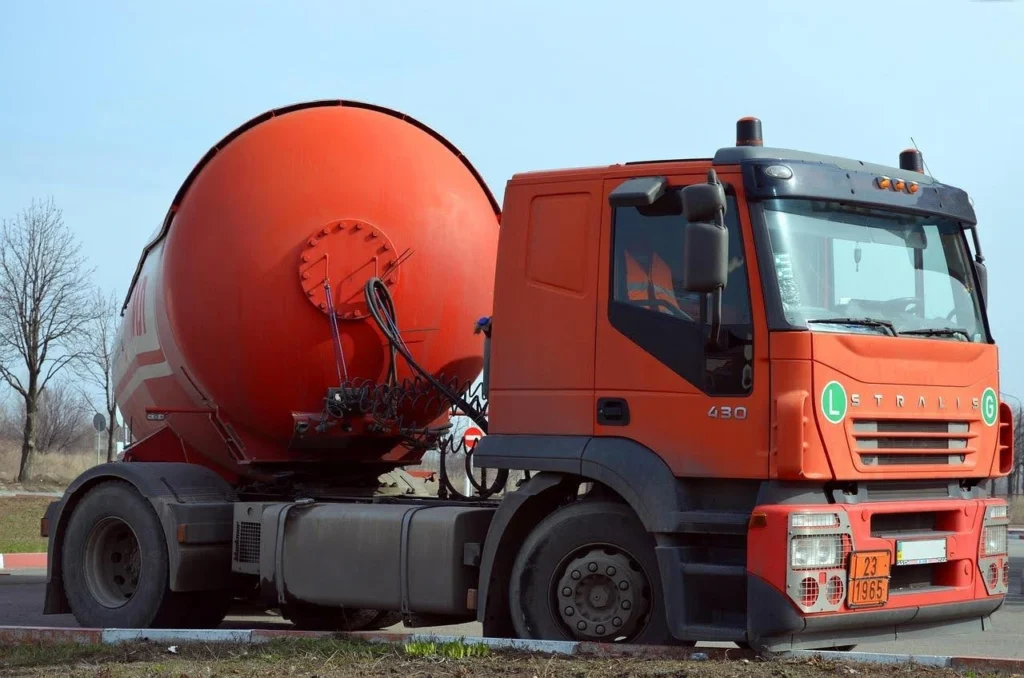
State-by-State Diesel Tax Highlights
Diesel taxes throughout the U.S. are made up of numerous taxes and other fees. These variations alter the ultimate price per gallon for drivers and businesses. Some states have the highest or lowest tax rates, and you can check the existing rates based on your location:
Quick Look at How State Taxes Stack Up
The diesel tax in the U.S. is considerably different since the states impose their excise tax, fees, and, in a few states, sales tax is also included. California and Pennsylvania have the highest overall cost of about $1 per gallon, including the federal tax of 0.24 per gallon. On the opposite end, Alaska and Mississippi have some of the lowest taxes, which range from $0.33 – $0.42 per gallon.
A diesel tax is made up of several parts: state fuel excise taxes, environmental or storage fees, sales taxes (not in all states), and a federal tax. The net effect is that in certain states, the cost is almost three times as high as in other states.
States vary these rates on a periodic basis to finance infrastructure or environmental projects. For instance, areas like the West Coast have higher taxes due to environmental programs as compared to the southern states, which have lower charges.
But companies and fleet managers should verify revised state and industry sources. For example, you can check the State Department of Revenue or Transportation website, or news such as Kiplinger, to follow the prevailing rates:
Examples of State Diesel Tax Rates (2025)
| State | State Excise Tax (¢/gal) | Other Fees (¢/gal) | Total Tax (State + Federal + Storage) |
| California | 46.6 | 40.7 | 111.8¢ |
| Pennsylvania | 74.1 | _ | 98.6¢ |
| Alaska | 8.0 | 1.05 | 33.5¢ |
| Mississippi | 21.0 | 0.4 | 45.9¢ |
| Texas | 20.0 | 0.087 | 44.6¢ |
| Illinois | 45.5 | 1.10 | 71.1¢ |
Note: Total diesel tax includes the federal excise tax of 24.4¢ per gallon and a 0.1¢ per gallon storage tank fee.
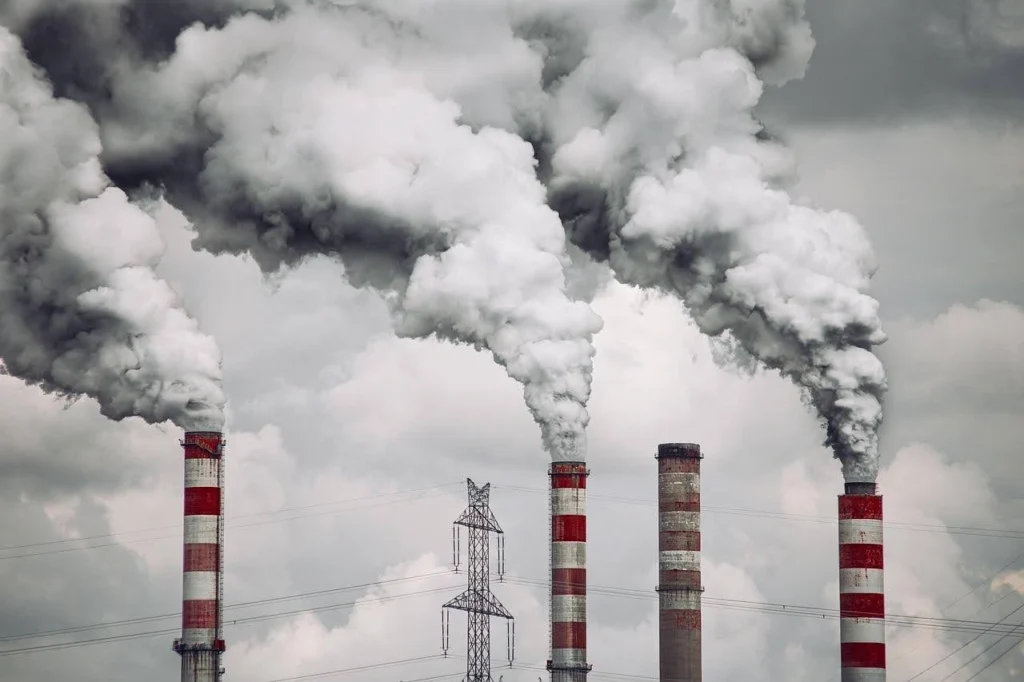
Conclusion & Next Steps
Hopefully, now you have your answer for why diesel is taxed more than gasoline. Diesel is taxed more than gasoline because of government policy and how you buy and manage fuel. That extra cost hits farms, fleets, and businesses hardest. But tracking expenses, using dyed diesel where allowed, and choosing bulk or on-site delivery can cut costs. These options reduce retail markups, save time, and keep equipment ready to go.
If fuel costs affect your bottom line, consider bulk off-road diesel delivery, or mobile fueling with a credible fuel service provider like Rhino Fuel. Stop wasting time at stations, avoid extra wear on vehicles, and never risk running empty. We offer 24/7 nationwide emergency and mobile fuel delivery services, and fair rates to keep your fleet running without delays. Contact Rhino Fuel today to simplify fueling and start saving on fuel.
Frequently Asked Questions
why is diesel taxed more than gasoline
Why are diesel cars cheaper to tax?
In certain regions, taxes on diesel cars may be reduced since they emit less CO2 than comparable cars on gasoline. Most nations, particularly in Europe, have vehicle taxes that are fueled by carbon. Diesel engines are also more efficient, hence they tend to be in lower tax brackets.
What is cheaper to run, diesel or gas?
Whether diesel or gasoline is cheaper to run a vehicle is determined by the mode of driving. Diesel is more expensive per gallon, but achieves 25-35 miles per gallon and is therefore cost-effective to those drivers who drive a lot on the highway. Whereas gasoline tends to be cheaper in short-distance urban driving because of the reduced cost and prices of the vehicles.
Why is a diesel engine more expensive compared to a gasoline one?
The diesel engines are expensive to construct compared to the gasoline engines due to the high compression they need to bear. This implies the use of more robust components, such as reinforced blocks, pistons, and crankshafts.
Modern diesel engines also have costly emission-control systems that they need to meet the regulations. These include turbochargers, high-pressure fuel injection, the Diesel Particulate Filters (DPF), and Selective Catalytic Reduction with the use of Diesel Exhaust Fluid (DEF).
Why is gasoline cheaper than diesel?
Diesel used to be cheap. However, hard environmental restrictions and high demand have made it very expensive. Refinery upgrades required to produce Ultra-Low Sulfur Diesel (ULSD) are expensive, and the supply is limited by the trucking, shipping, and industry requirements globally. To crown it all, the federal taxes paid on diesel in the United States exceed taxes paid on gasoline.
Take Control of Your Diesel Costs Today
Rising diesel taxes don’t have to drain your budget. With Rhino Fuel’s bulk, off-road, and mobile fueling solutions, you can reduce downtime, avoid retail markups, and keep your equipment running smoothly.



Leave a Reply